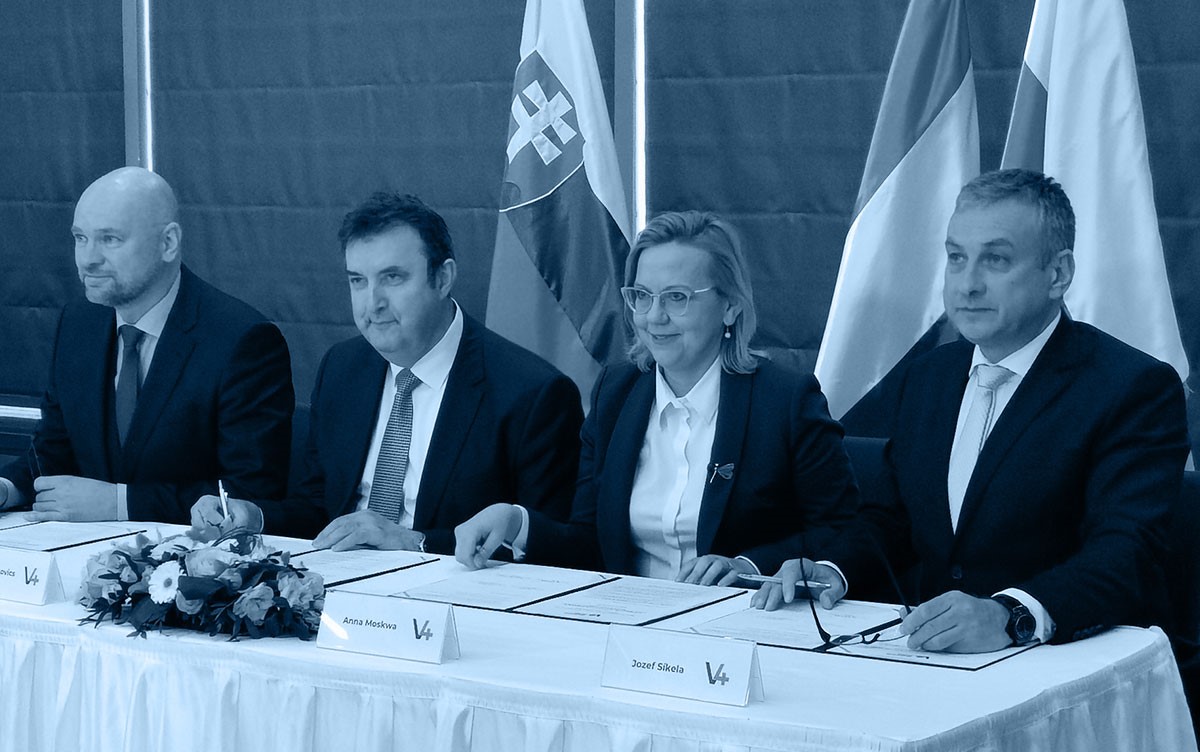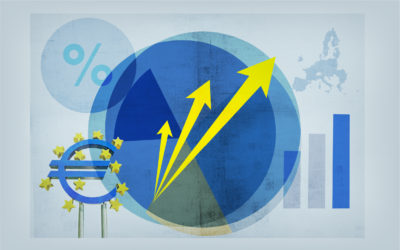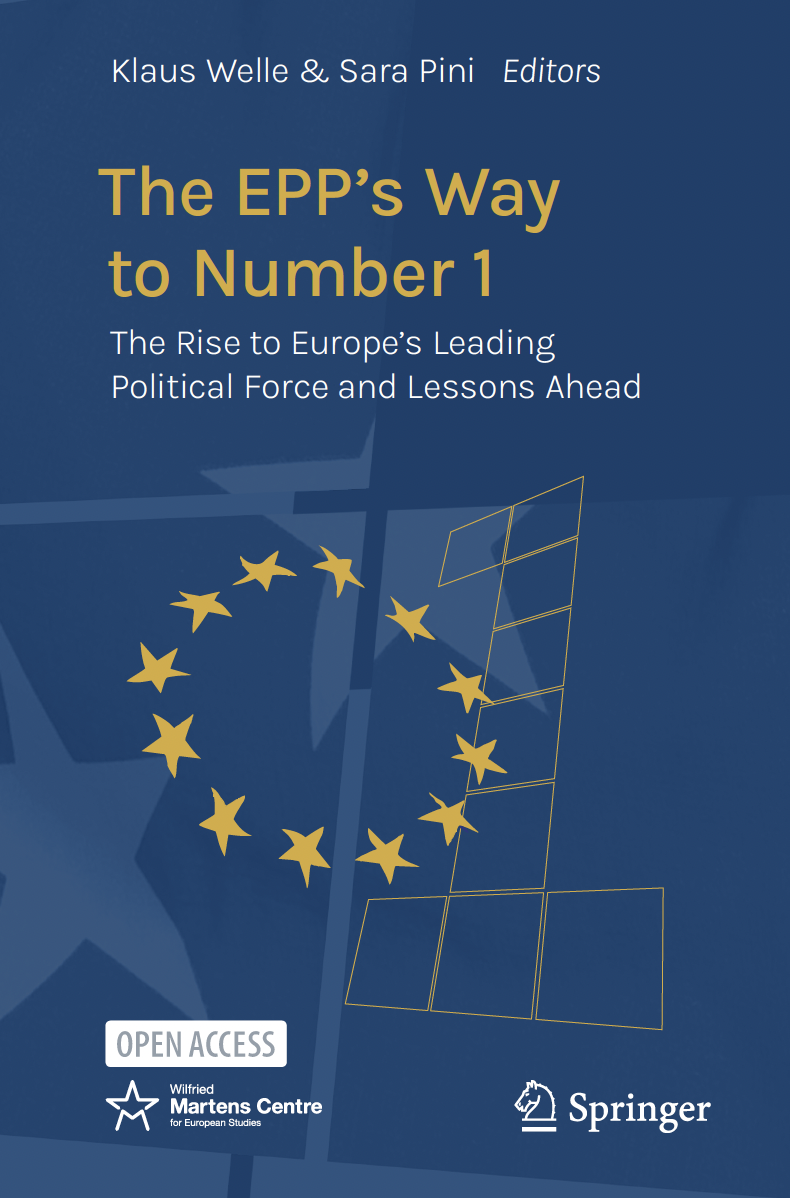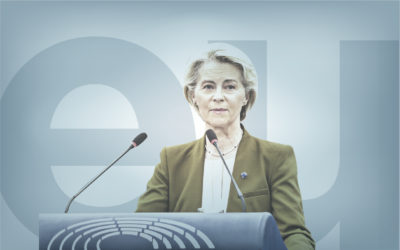What Next for the Visegrád 4 in the Post-Merkel era?
09 February 2022

The new German government, a coalition of Social Democrats, Greens and Liberals, is now fully operational. Soon. it will become apparent where they plan to take the country and in what way they aim to shape the EU.
One element in this domain of particular importance is the stance that the new leadership in Berlin will take regarding relations with the Visegrád Group (V4), which brings together Germany’s Central European neighbours. From immigration to the rule of law, from climate policy to relations with Russia, Berlin’s stance will be of fundamental strategic importance for developments in those countries and their attitude towards EU initiatives.
Germany had been a driving force in the integration of V4 countries into the EU and NATO because it wanted to create a stable and prosperous neighbourhood. To this day, Germany remains the most important political and trade partner of Visegrád countries.
Angela Merkel was at the helm of Germany during nearly the entire presence of the V4 on the European scene. In recent years, V4 action has been negatively affected by the lack of solidarity during the migrant crisis and by the attacks on the rule of law in Poland and Hungary. The increasingly authoritarian trend of these two countries has led to deteriorating bilateral relations with Germany.
The former Chancellor was sharply criticised and labelled as a liberal by her then-party colleague Viktor Orbán because of her open attitude towards migrants (“Willkommenskultur”). The Polish government opted for historical revisionism and demands reparations for damages incurred during the Second World War; Berlin believes the issue to be closed. Despite this, Angela Merkel maintained a benevolent and patient approach towards both countries and the Visegrád Group as a whole. Her feelings for the region stemmed partly from a shared past given her East German upbringing, but above all from her ambition not to push the V4 countries to the edge of the Union.
Areas of Common Interest are Disappearing
Merkel’s successor Olaf Scholz, coming from West Germany, lacks the same knowledge of and proximity to the region. Moreover, he and his party don’t have any relevant party allies in the V4 countries. Slovakia is the exception, where HLAS (S&D) and SMER are leaders of the opposition. In other V4 countries, socialists have disappeared or merged with growing parties.
Scholz’s visit to Warsaw, immediately after those to Paris and Brussels, revived the conflicting views concerning the future of the EU and the controversial Nord Stream 2 (NS2) project. Russian troops on Ukraine’s borders give ample reason to postpone or even stall the NS2 project, which will make Europe even more dependent on Russia for its energy security. Berlin is under pressure from the United States and Central European countries, who are expecting Scholz take a tougher approach towards Russia than his predecessor.
The absence of green parties within the Visegrád Group countries and their pro-nuclear policies also give little hope for deeper cooperation with the new German government. Justifiable concerns of an overly drastic green transition are present in V4 nations, and may hinder relations with Germany.
Clashes in the V4
Although they agree on migration, on other political matters, the V4 is far from being a monolithic block. Positions of individual V4 countries regarding European topics often vary depending on their national interests or electoral considerations. This can be seen in Slovakia and Czechia, with both countries stating they would take their own approach to issues of rule of law compliance. Both countries are distancing themselves from Hungary and Poland, who are engaging in a dispute with the EU over ongoing violations of rule of law principles. The new German government is adamant on linking the disbursement of EU funds with guarantees for judicial independence and the rule of law.
Eventually, the V4 may become more of a V2+2. Divisions within the V4 have existed in the past and will continue. The Hungarian Foreign Minister giving support to the President of Kazakhstan for the deadly use of weapons against demonstrators, or Viktor Orbán’s trip to Moscow during mounting tension on the Russian-Ukrainian border clearly show structural divergences among V4 countries in their Eastern policy. The same applies to their position towards China. While Slovakia and Czechia are deepening their political and trade relations with Taiwan, Hungary still seeks to attract investment from China.
No Common Future for Visegrád?
Different priorities and dynamics in the V4 countries suggest that the future of relations will depend on the ability to positively engage Germany. If Viktor Orbán sees Hungary’s future closer to Moscow or Beijing, the three remaining countries are likely to emphasise the importance of the EU and transatlantic cooperation. V4 countries should remember Germany’s crucial role not only for the region, but also for the future of Europe.
The new German administration should continue Chancellor Merkel’s protective, empathetic diplomacy towards the V4. Germany must respect the cultural diversities and different historical experiences of former Soviet-sphere countries regarding issues such as a new asylum system or various cultural and ethical concepts. However, when it comes to respecting the “rules of the game”, to democratic standards and the rule of law, Germany must defend those principles. This must be clear of any historical or neighbourly sentiment, but also of economic calculations. Only a clear stand will serve to benefit all countries, as well as the European Union itself.
ENJOYING THIS CONTENT?



















